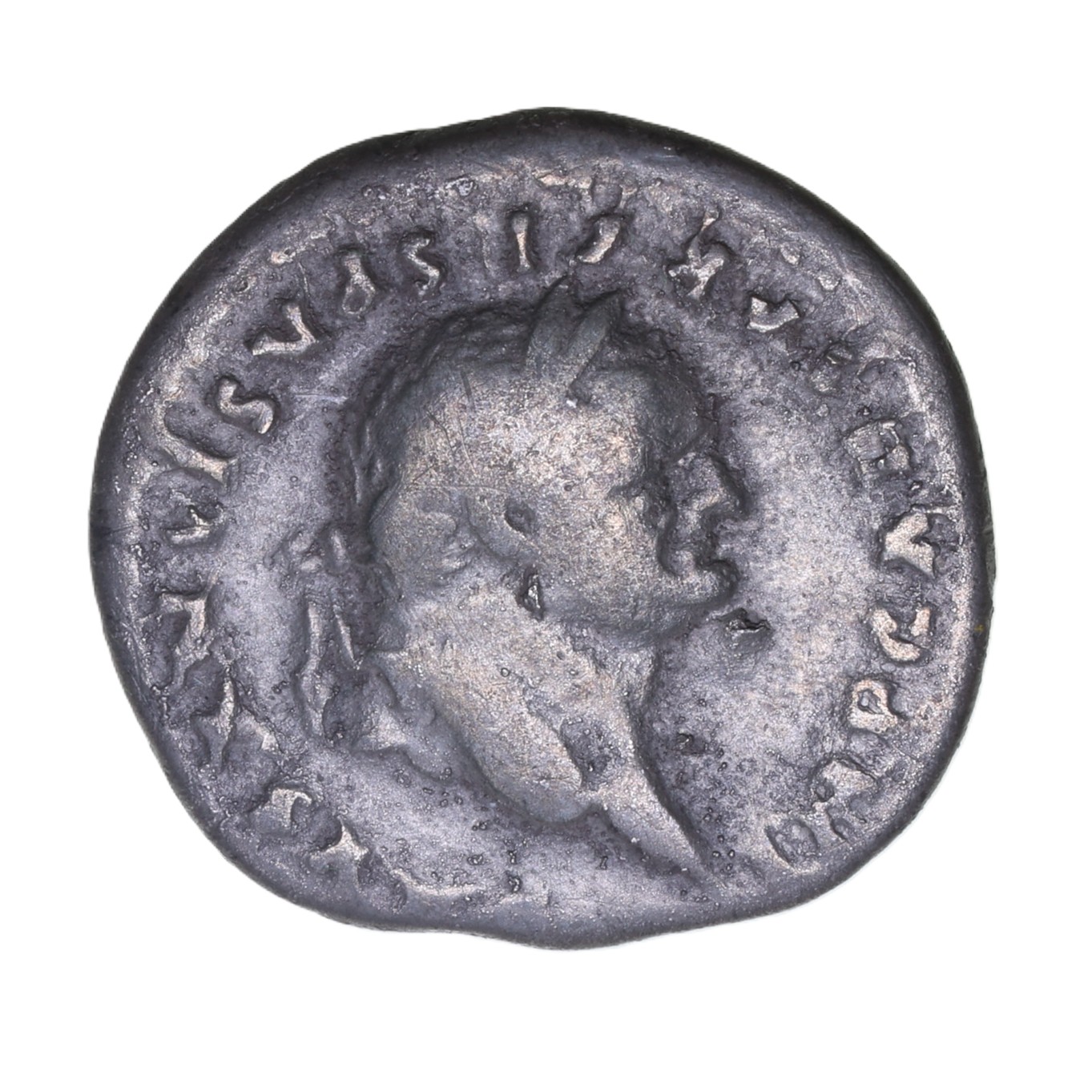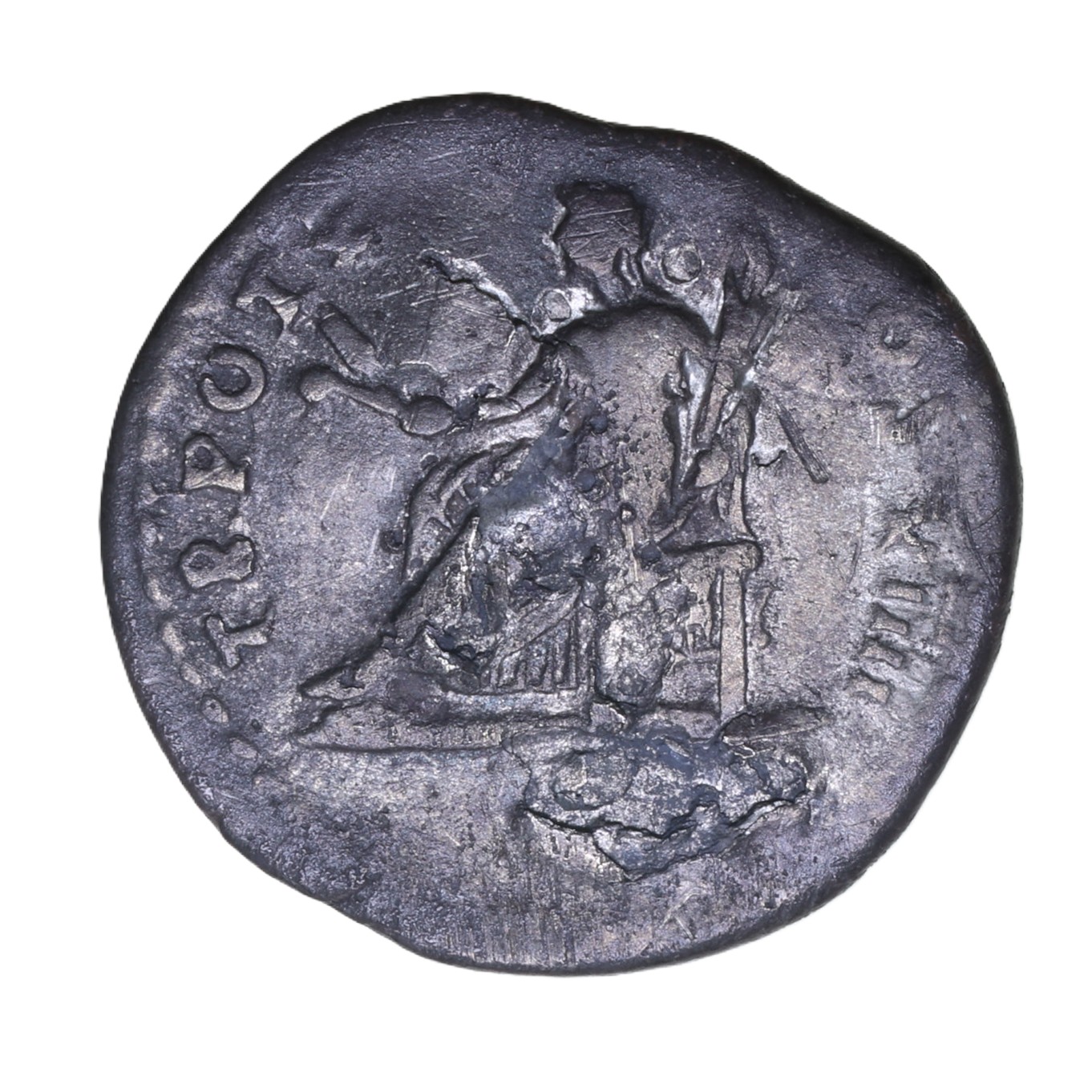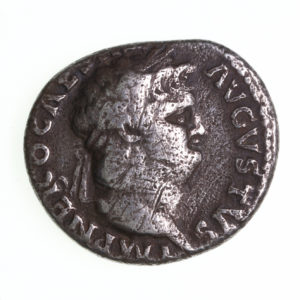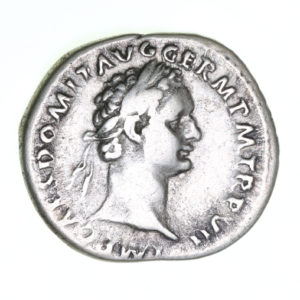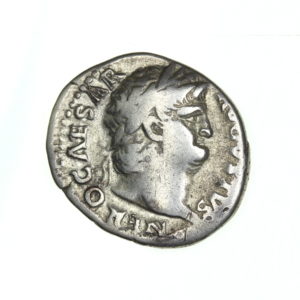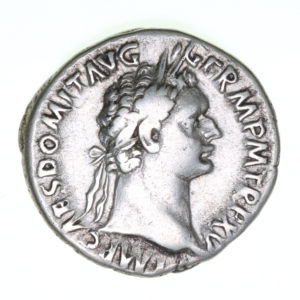Vespasian AD 69-79 Silver Denarius Rome * British Find*
£79.00
Vespasian AD 69-79 Silver Denarius
Ceres seated left
The Twelve Caesars
Rome mint
RCV2308; 18mm, 2.43g.
This coin was found in the vicinity of Beckfoot Roman Fort, Cumbria.
Classical References for Bibra
The sole classical geographical source for the Roman name of the Beckfoot fort is the Bribra entry in the Ravenna Cosmology (R&C#119), which appears between the list entries for Alauna (Maryport) and Maglona (Old Carlisle).
The Bibra Garrison
To date, only one inscribed stone has been uncovered from Roman Beckfoot, which fortunately provides the name of one of its garrison units; Cohors II Pannoniorum, a five-hundred strong infantry unit from the province of Pannonia, the region of the modern Czech Republic.
Vespasian
Son of a middle-class tax collector Vespasian entered the military where he had a successful career. As commander of Legion II he played an important part in the invasion of Britain in AD 43. He is created with capturing forts at Hod Hill and Maiden Castle as well as the Isle of Wight. Retired by the time of the Jewish uprising Nero instructed him to quell the revolt and appointed him as supreme commander in the East. With help from his eldest son Titus he was successful. Meanwhile Nero had committed suicide and the empire had plunged into civil war. After three emperors had been proclaimed in quick succession Vespasian decided to make his own bid and was proclaimed emperor by his own troops in AD 69.
Returning to Rome his authority was established following the demise of Vitellius and the advance of armies who were loyal to his cause. Establishing the Flavian dynasty Vespasian marked the return of strong government with discipline being restored to the armies. Upon the return of Titus in AD 70 Vespasian enjoyed a magnificent triumph with his son who he created a full partner in the government of the empire.
Vespasian’s simple lifestyle and industry soon made him popular after the excess of previous years. When Vespasian died in AD 79 he was deified and there was genuine sorrow. His final words are alleged to have been I think I am becoming a god.
Vespasian’s reign saw the opening of many provincial mints especially in the east.
1 in stock

